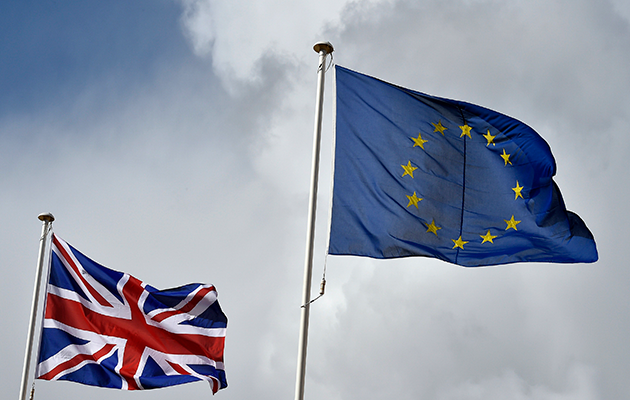The fact is simple: voters of the United Kingdom of Great Britain and Northern Ireland decided by 51.9pc to 48.1pc to leave the European Union: 17,410,742 to 16,141,241. Only 3.8pc. But enough to trigger a seismic shift in British, European and worldwide politics and finance.
London, Scotland and Northern Ireland voted for Remain, the rest of the country voted for Leave. Prime Minister David Cameron told the Queen he will be resigning as Prime Minister. The Conservative party will have minimal credibility as a continuing government without a General Election.
Nothing will change immediately in formal, legal terms though the British political mood music will veer sharply to the right.
The British government must, at some stage later this year, apply to enact Article 50 of the Lisbon Treaty which triggers the start of formal negotiations to uncouple the UK from the EU. Predictions of how long that may then take vary between two to five years.
Where Britain ends up is uncertain. Very possibly the UK will step out into the European Free Trade Association whose members, via the European Economic Area Agreement, participate in the EU’s internal market without being members of the EU.
With financial markets in chaos, sterling sliding and a vote registered for ‘Little England’ xenophobia it seems banal to consider the effect on mere sport.
However . . . overall, probably comparatively little. Britain will continue to compete at the Olympic Games; the four British home nations will continue to play football’s World Cup; the clubs will continue to contest the UEFA Champions League and Europa League; it means nothing in terms of the golf and tennis majors, the Ryder Cup and Davis Cup.
Sport not only cuts across delineations of race, religion, conflicting ideologies, national borders and ethnicities but across political preferences and structures.
In terms of UK sport the greatest uncertainty concerns the effect of the decision on professional football and, more specifically, the Premier League. Once the uncoupling has been accomplished, EU players will lose the right to come and go as they (and the clubs) please under the EU’s freedom of movement of labour laws.
At that point (whenever it may be) players under contract would not be affected. However, whether contracts could be renewed is uncertain. Certainly foreign players will not be able to transfer simply to another UK club because such a move would demand a new contract (and work permit).
Currently non-EU players must meet certain government criteria; the most important being that they are established internationals for leading nations. More than 300 players in the top two divisions in England and the Scottish elite would fail to meet the current standards.
More than 100 Premier League players would be affected and only 23 of the 180 non-British EU players currently playing in the second division would be granted work permits.
None of 53 non-British EU players in the Scottish top division would qualify for a permit on the basis of their international career alone. The same applies for 63 non-British EU players in the English third division and 46 in the fourth.
Most likely, clubs will press government to water down the criteria for the admission of foreign players as part of the national transition to non-EU status.
Simplistically, the certain restrictions on the wholesale import of foreign players will create more opportunities for home-grown English, Scottish, Welsh and Northern Irish players. That would please the successors of Roy Hodgson and Co. It’s an ill wind . . . but of minimal significance in the overall picture.






